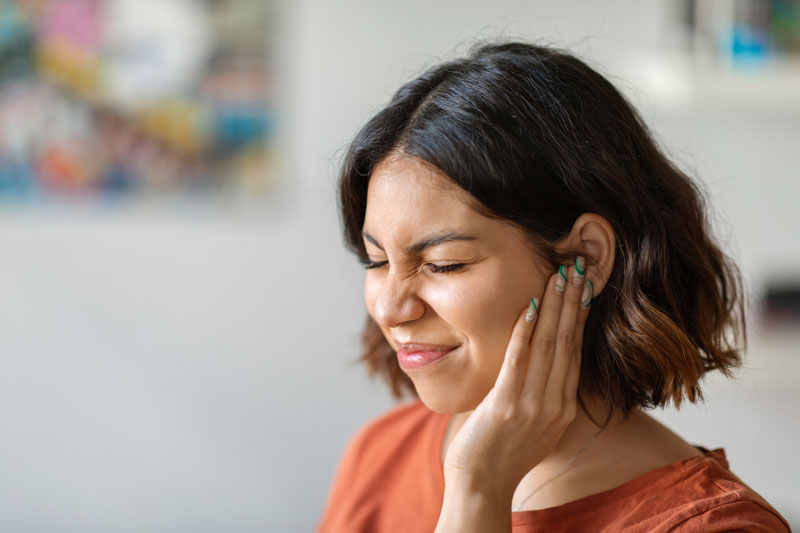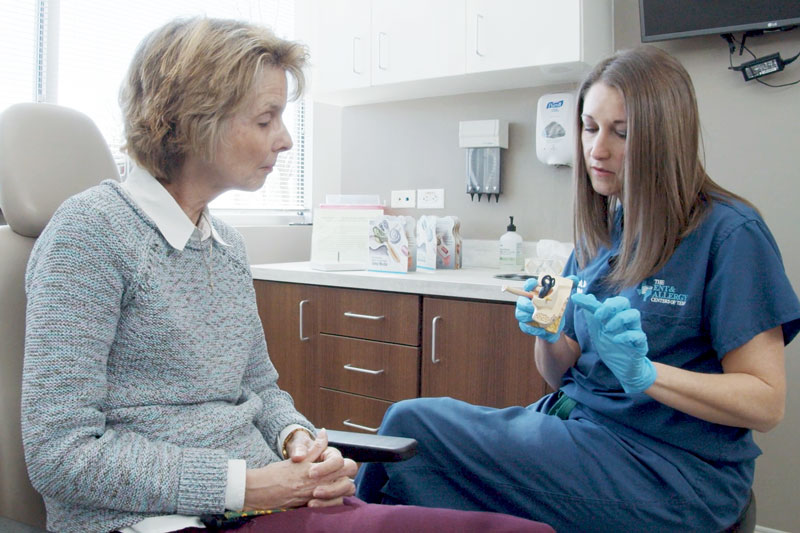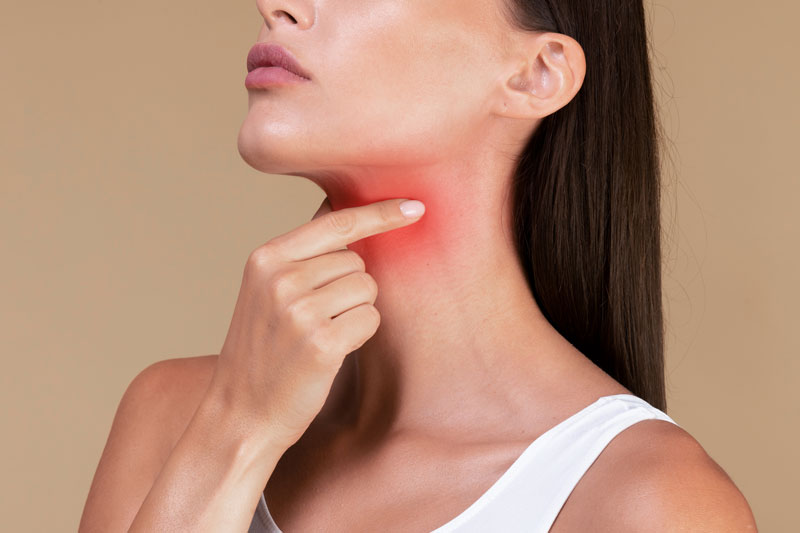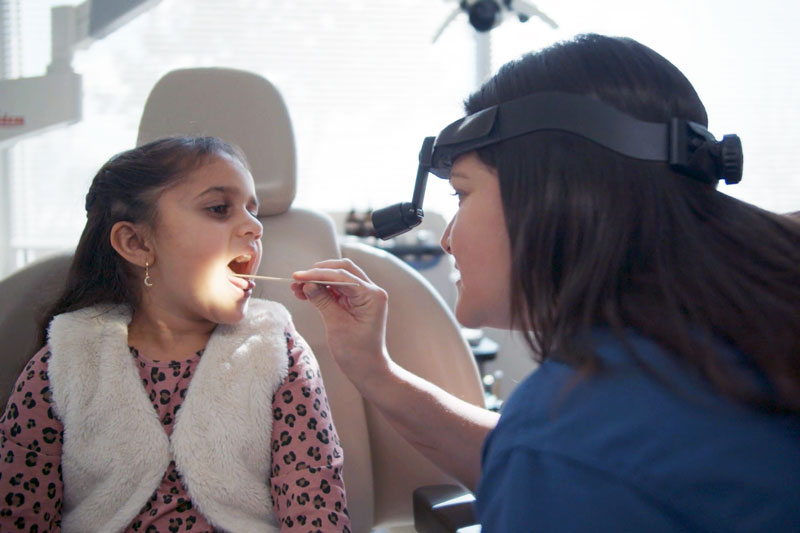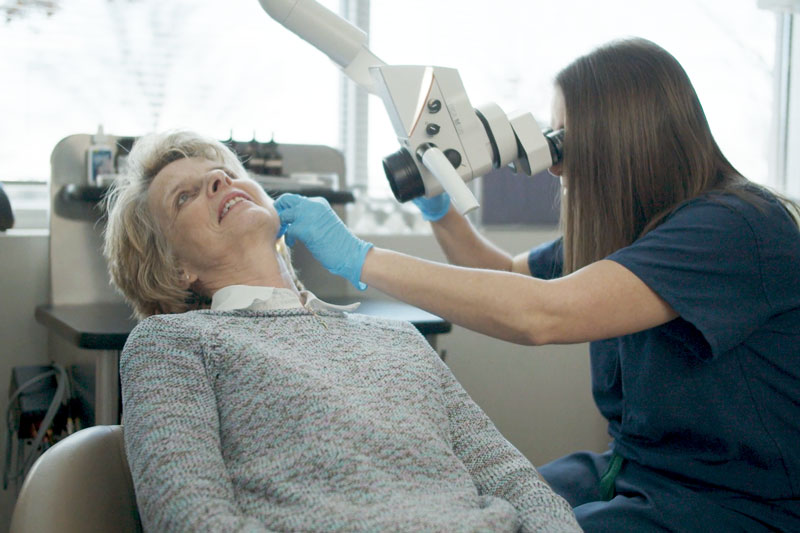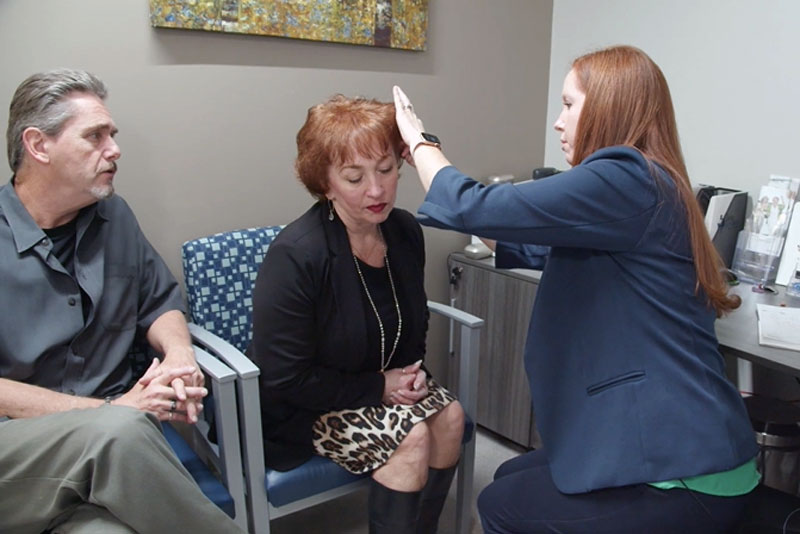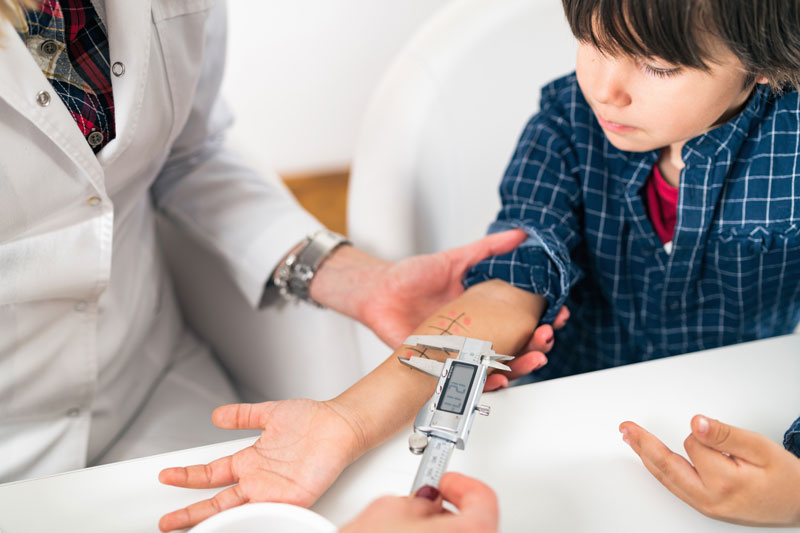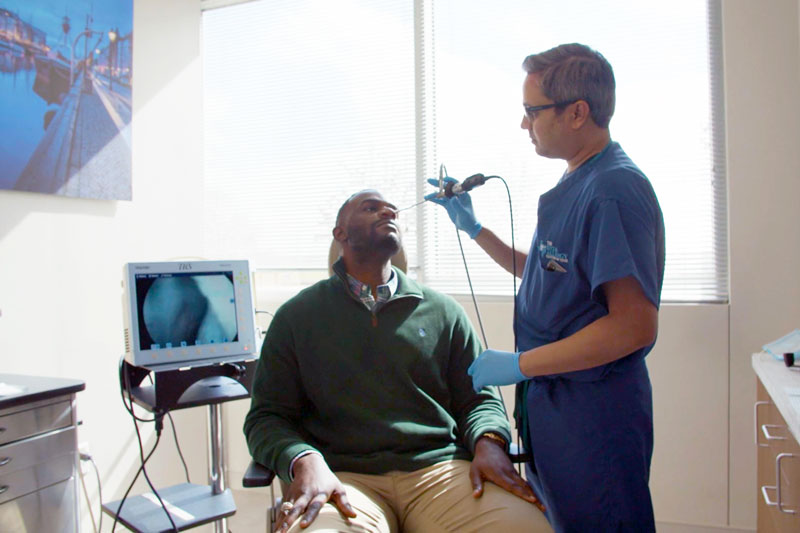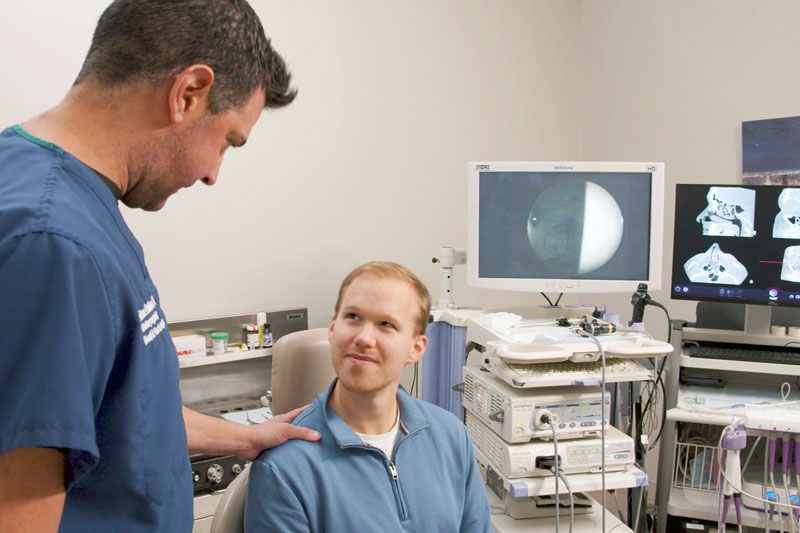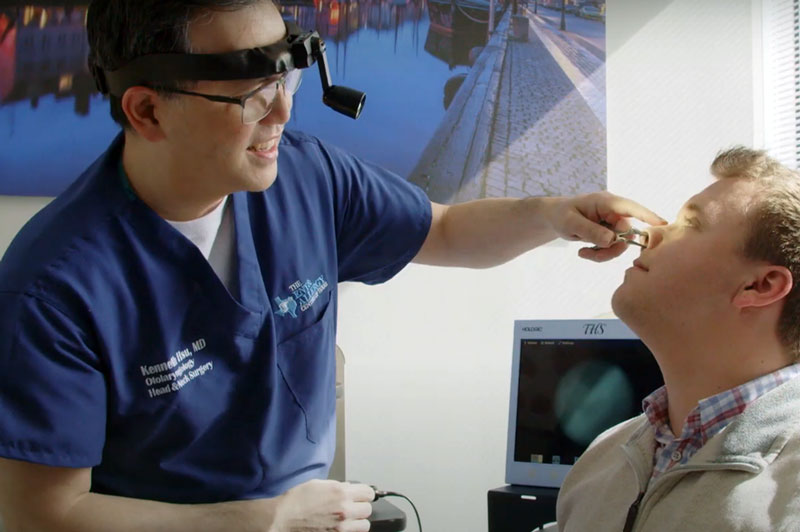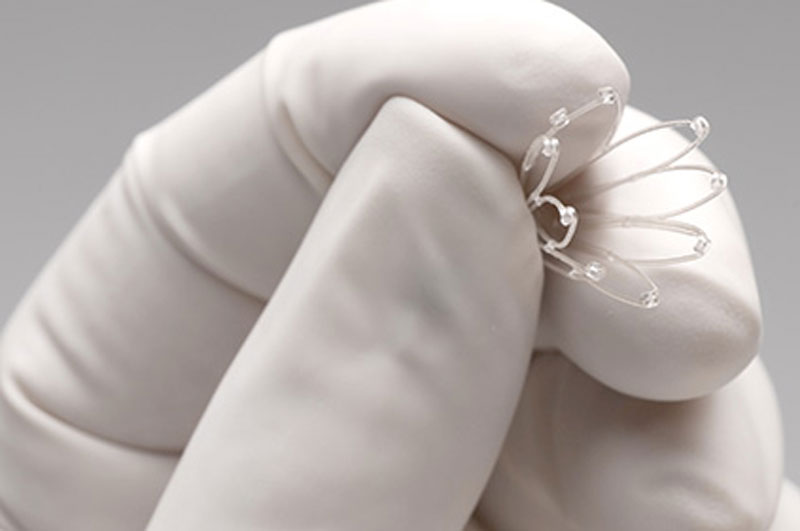What is Tinnitus?

Common Causes of Tinnitus
What Are The Symptoms Of Tinnitus?
Some common terms people use when describing tinnitus include:
- Buzzing
- Ringing
- Clicking
- Roaring
- Hissing

What Are The Treatment Options for Tinnitus?
What Is The Connection Between Tinnitus And Hearing Loss?
Damage to the ears often results in both hearing loss and tinnitus. However, they do not always occur together. Tinnitus does not cause hearing loss but sometimes can seem to interfere with hearing. An audiologist can determine if you have a hearing problem. The high-pitched ringing that is the most common form of tinnitus has been proven in various studies to usually accompany some degree of hearing loss. The causes of this type of hearing loss and high-pitched tinnitus are usually:
- Age-related hearing loss — As we age, our hearing deteriorates, this typically starts around the age of 60. This form of hearing loss occurs in both ears and usually involves the loss of high-frequency sounds. The majority of seniors have some degree of tinnitus, and this is thought to be a result of this type of hearing loss.
- Noise-induced hearing loss — Auditory damage from continued exposure to loud noises, either in a single event or over time, can cause permanent damage to your hearing. Tinnitus usually accompanies this. Unlike age-related hearing loss, however, noise-induced hearing loss can occur in one ear only. The patient typically loses the hearing around the frequency of the triggering noise that caused the damage.
Are There Different Types Of Tinnitus?
There are two kinds of tinnitus:
- Subjective tinnitus — Only you can hear this type of tinnitus. This is the most common form. Subjective tinnitus can be caused by problems with any part of your ear (inner, outer, or middle ear). Or it can be a result of problems with your auditory nerves or the part of your brain that interprets nerve signals, the auditory pathways.
- Objective tinnitus — This form is rare. A doctor can actually hear the sound when he or she is examining your ears. Objective tinnitus can be caused by a problem with a blood vessel, or muscle contractions.
How Is Tinnitus Diagnosed?
A man undergoing a hearing exam performed by a doctor, the man has headphones on his head, while the doctor is testing his ears. When diagnosing tinnitus at The ENT & Allergy Centers of Texas, we examine your ears, head, and neck. These are some standard tests we use:
- Hearing exam — In a hearing exam, you are placed in a soundproof room and are wearing headphones. Specific sounds are piped into the headphones, but only through one ear at a time. You’ll signal when you can hear the sound and your results are compared to what is considered the normal range for your age.
- Movement — We may use the movement of your eyes, neck, arms, and legs. We may ask you to clench your teeth. If these movements cause your tinnitus to change that helps identify an underlying disorder that is causing your tinnitus.
- Imaging tests — If certain conditions are suspected, we may order CT or MRI scans.
What Causes the Different Types of Tinnitus Sounds?
During your consultation, your medical team will ask you the type of sounds you are hearing, as these can point to an underlying cause.
- High-pitched ringing — If you’ve attended a loud rock concert or were working with loud machinery such as a chainsaw, this can cause tinnitus that often goes away in a few hours. The same is true after a blow to the ear, say while wrestling. However, if there is hearing loss, tinnitus may be permanent. Long-term exposure to noise, age-related hearing loss and certain medications can all cause high-pitched ringing in both ears.
- Low-pitched ringing — Conditions such as Meniere’s disease can cause low-pitched ringing in just one ear. If you have dizziness associated with the condition, your tinnitus can become very loud right before or during an attack.
- Clicking — Muscle contractions in and around your ear can cause sharp clicking sounds that you hear in bursts. These can be just a few seconds or can last a few minutes.
- Heartbeat — These sounds are usually related to vascular causes, such as hearing the blood flow through veins or arteries. Cardiovascular problems (including high blood pressure), an aneurysm or tumor, or an issue with your Eustachian tube can amplify the sound of your heartbeat in your ears. Pulsatile tinnitus should be evaluated by an ENT doctor.
Will A Hearing Aid Benefit Me?
Hearing aids can be helpful for patients with hearing loss and tinnitus, versus other causes such as earwax buildup or vascular issues with objective tinnitus. Studies have found that almost two-thirds of tinnitus patients experienced at least some degree of relief when wearing hearing aids. Almost one fourth found “significant relief.” Hearing aids can be effective when dealing with tinnitus for several reasons:
- Masking the ringing — By augmenting the volume of external noise, hearing aids can basically cover the sound of the tinnitus. This allows the person to tune it out and not consciously perceive the tinnitus noise. This is especially true for patients who have hearing loss in the same frequency range as the sounds of their tinnitus.
- Improved communication — When a person has loud tinnitus, it can be difficult to have a conversation (particularly where there is any other background noise, such as at a party), talk on the phone, watch television, listen to music, and other activities. Hearing aids augment the external volume of those activities above the volume of the tinnitus, enabling the person to participate and feel less frustration and less isolation.

